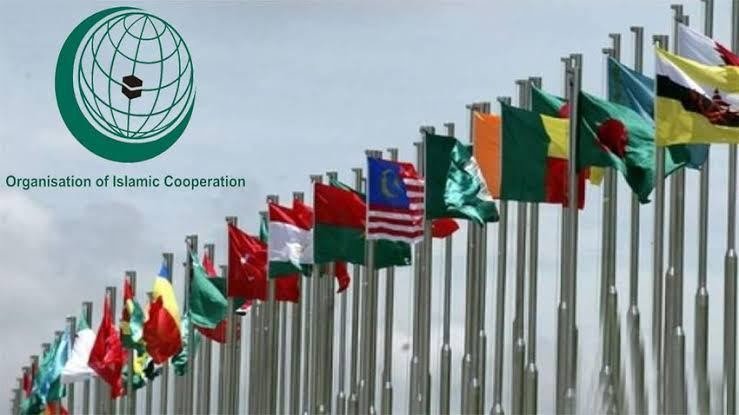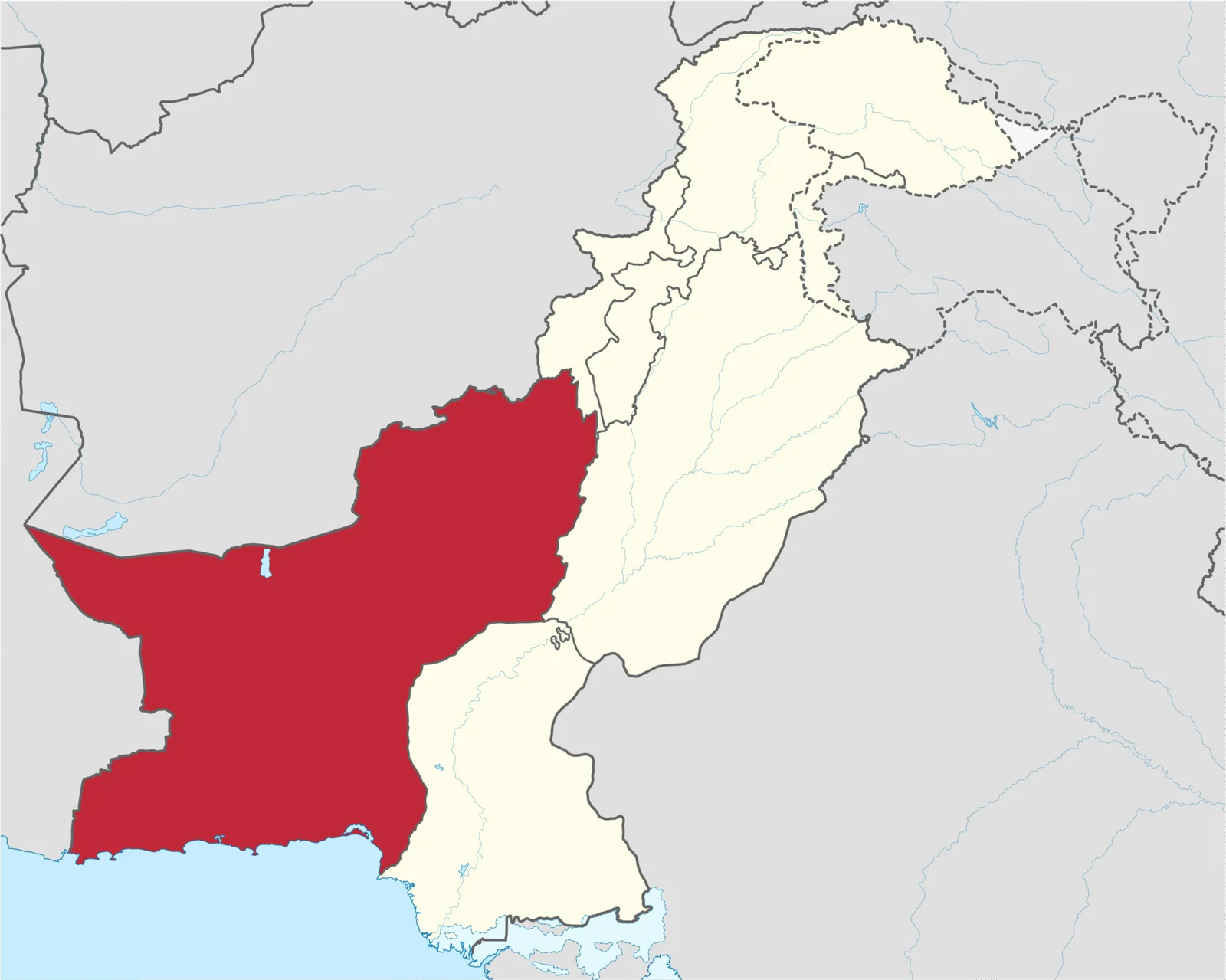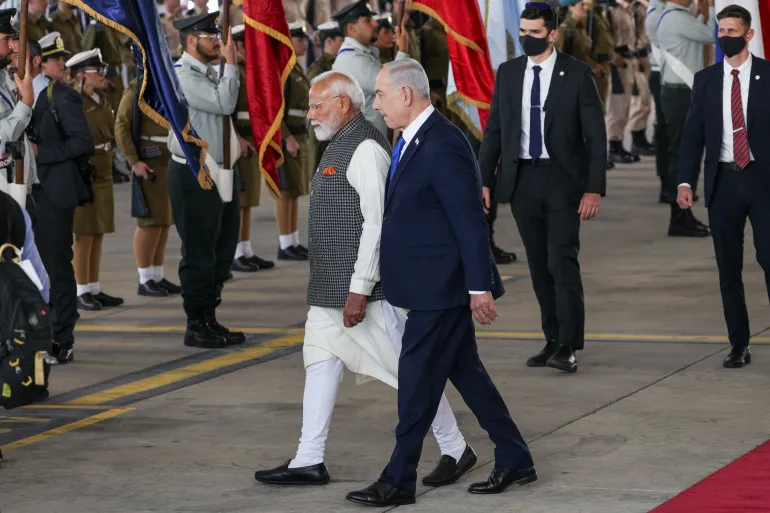Editorial
Former CIA Director Leon Panetta’s recent characterization of Israel’s “pager operation” as “terrorism” represents a notable departure from the traditional Western perspective, particularly in the United States, which has historically viewed Israel as a perpetual victim and a righteous actor. This shift in narrative is significant, as it challenges the longstanding, often uncritical support that Israel has received from Western nations, especially the U.S.
The operation in question involved the detonation of pagers and walkie-talkies, which led to a devastating aerial bombardment resulting in the deaths of nearly a thousand Lebanese citizens. This incident has brought to light Israel’s repeated violations of international law, which have largely gone unpunished due to steadfast American backing. The global community is increasingly aware of these transgressions, and there is growing discontent with the lack of accountability for Israel’s actions.
In recent times, there has been a noticeable shift in the Middle East and beyond, with even traditionally supportive governments beginning to distance themselves from Israel. This change appears to be driven more by Prime Minister Benjamin Netanyahu’s personal political struggles and his attempts to cling to power amidst criminal charges rather than any genuine pursuit of justice or efforts to rescue hostages. The international community is becoming increasingly critical of Israel’s actions, viewing them as politically motivated rather than morally justified.
The ongoing conflict raises questions about Israel’s future actions in Lebanon, especially given its previous operations in Gaza. The presence of U.S. warships, such as the USS Abraham Lincoln, adds a layer of complexity to the situation. While UN leaders have called for a 21-day ceasefire, the effectiveness of such measures remains uncertain. The international community is watching closely to see if these calls for peace will be heeded or if the violence will continue unabated.
Turkish President Tayyip Erdogan has taken a particularly strong stance, condemning Israel’s actions as outright terrorism and defending Hamas as freedom fighters in subsequent interviews on U.S. television. Erdogan’s forthright condemnation reflects a broader shift in international sentiment, where more voices are willing to criticize Israel’s actions openly. This evolving narrative indicates a significant change in how Israel’s actions are perceived globally, potentially leading to increased pressure for accountability and a reevaluation of longstanding alliances.
















